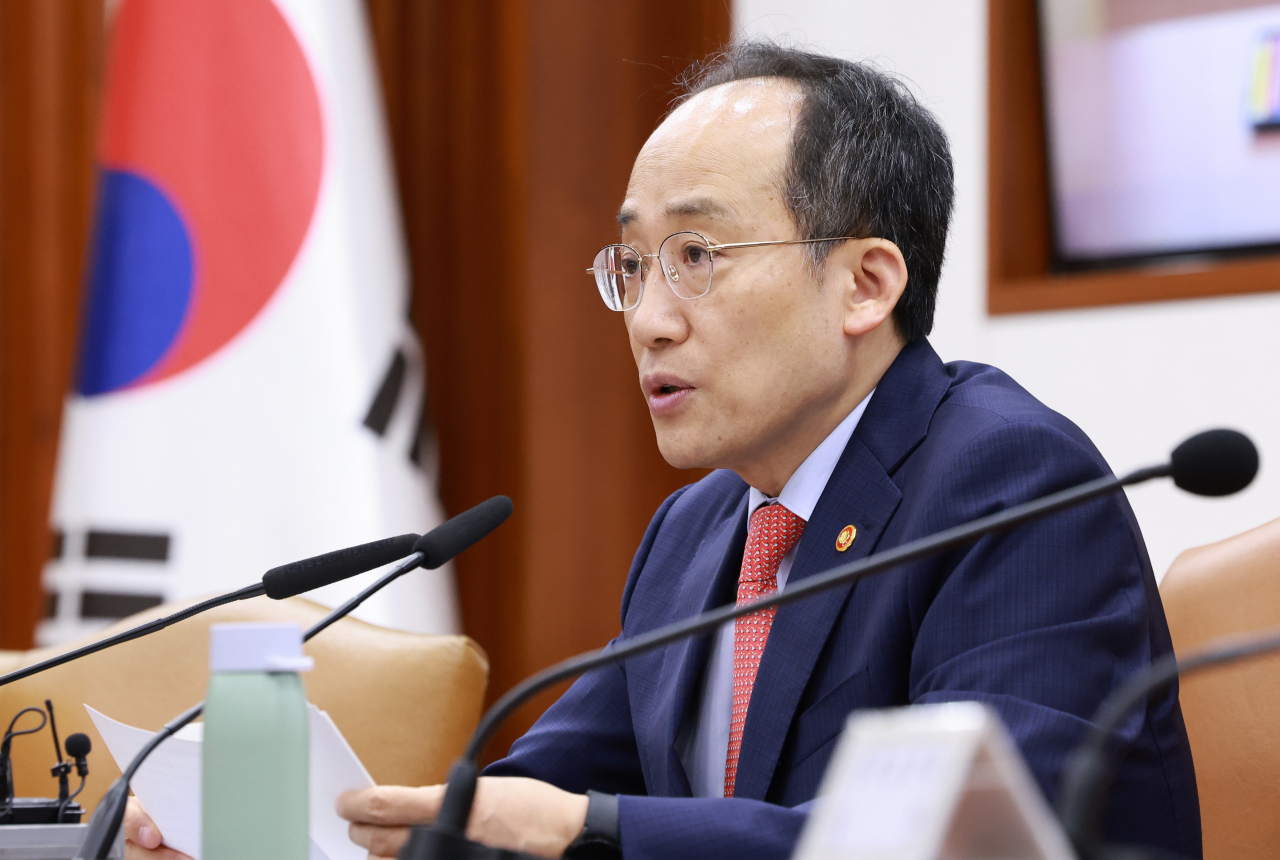10 special industrial zones to be designated to spur innovation
Regulation-free clusters dedicated to AI, mobility, biotech and more
By Im Eun-byelPublished : May 8, 2023 - 16:02

South Korea announced a plan Monday to create a total of 10 special industrial zones by 2027, as regional vanguards to spur job creation and investment.
The zones will run under the government’s deregulation scheme. The government hopes businesses operating there will focus on launching new products and making inroads in to overseas markets. Measures that match global standards, from regulation, certification to insurance, will be applied, the government said.
Korea will first upgrade two or three existing deregulated special zones this year. The zones will each be dedicated to different future technologies such as artificial intelligence, mobility, biotech and more advanced technology industries.
“By introducing a full-scale ‘negative regulation’ scheme, we will form innovative Korean clusters that match up to global standards, by leading an upgrade of the existing regulation-free special zones,” according to Finance Minister Choo Kyung-ho during an inter-governmental meeting held in Seoul.
The "negative regulation" referred to means that "positive regulations" -- in which only certain practices, products or services are allowed -- will be replaced by rules permitting all but those that are explicitly banned or regulated.
One of the zones will be devoted to the biotech industry.
"We will analyze the reasons behind the success of the Boston biotech cluster in the US and work on creating a similar global innovation special zone in Korea,” Choo said. Boston is a biotech hub, and home to global pharmaceutical companies, research labs and major institutions.
President Yoon Suk Yeol had mentioned that the government will consider creating a Korean version of the cluster to support the biotech industry in Korea in February.
Choo further added, the government will roll out follow up measures to visualize the outcome of Yoon’s recent state visit to the US, while strengthening the Korea-US alliance for the semiconductor industry.
“Through the state visit, we have built up the foundation for the alliance between Korea and the US for advanced technology and culture," Choo said.
Yoon made a five-day state visit to the US last month, along with a delegation of Korean business leaders.
“We will work up the foundation of the world's best semiconductor alliance through pursuing cooperative projects and launching a forum held by both private and public sectors,” Choo said.
Choo also explained the government will work to shed the burdens of Korean businesses investing in the US, regarding the country's Inflation Reduction Act and CHIPS and Science Act, stressing the two countries will pursue "mutual interests."
During Yoon’s state visit, officials of Korea and the US agreed to minimize uncertainty and burden of Korean businesses from the CHIPS Act, while agreeing to continue discussions for the IRA.
Meanwhile, the top financial policymaker said the government will work on pursuing the core interests of Korea such as economy and supply network at the third round of official negotiations for the US-led Indo-Pacific Economic Framework to be held in Singapore this week.
"We will prepare for the fourth round of negotiations set to take place in Busan in the second half of 2023, too," Choo said.
Choo further promised cooperation on a governmental level for mega projects such as Saudi Arabia's Neom City and Indonesia's capital relocation plan in hopes that more Korean businesses can win overseas projects.








![[Hello India] Hyundai Motor vows to boost 'clean mobility' in India](http://res.heraldm.com/phpwas/restmb_idxmake.php?idx=644&simg=/content/image/2024/04/25/20240425050672_0.jpg&u=)











